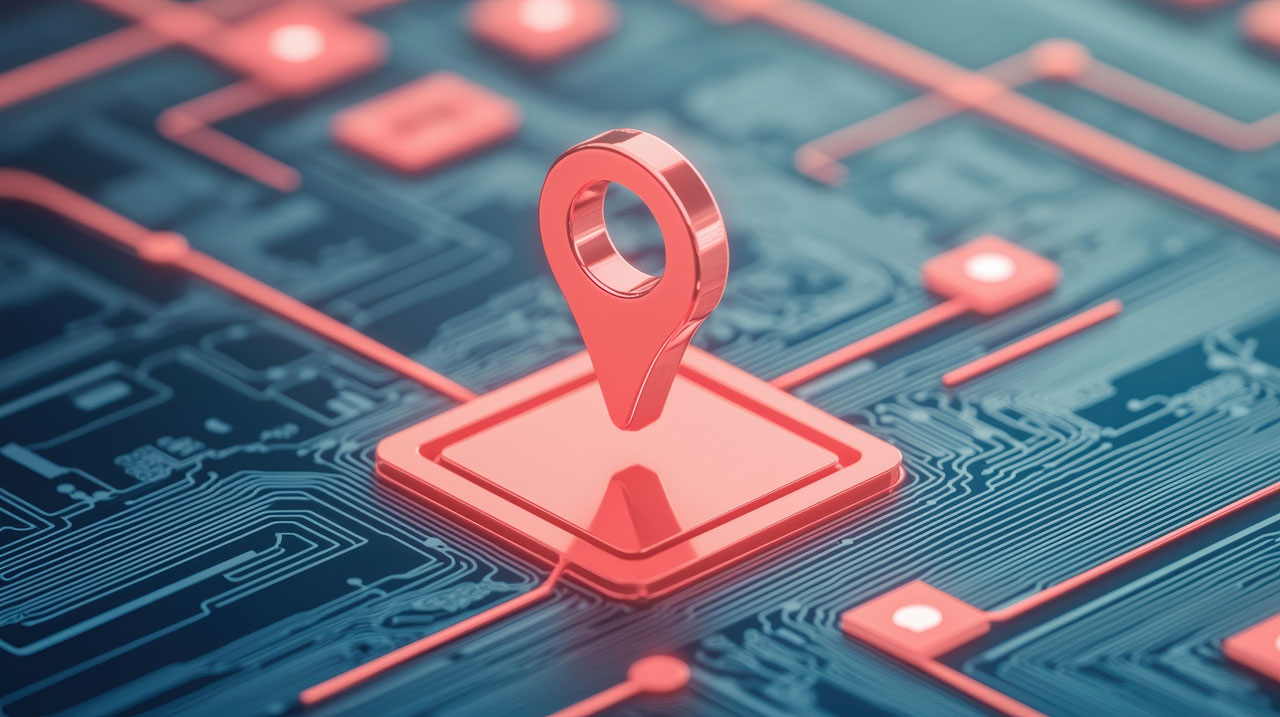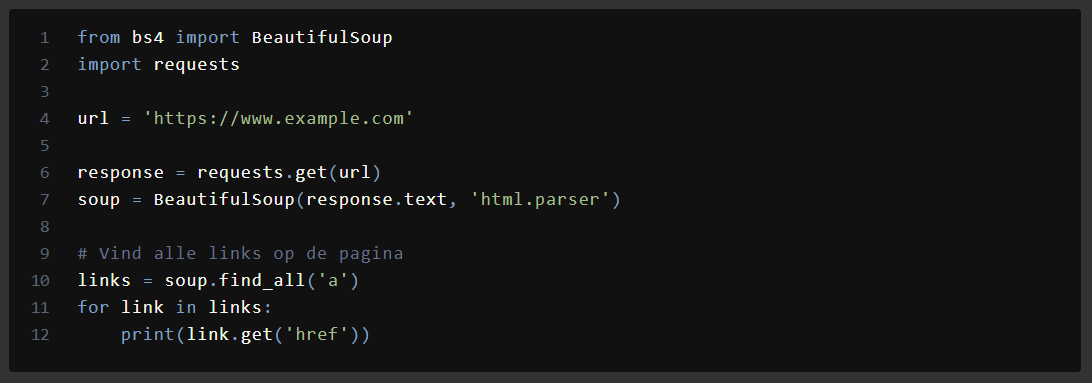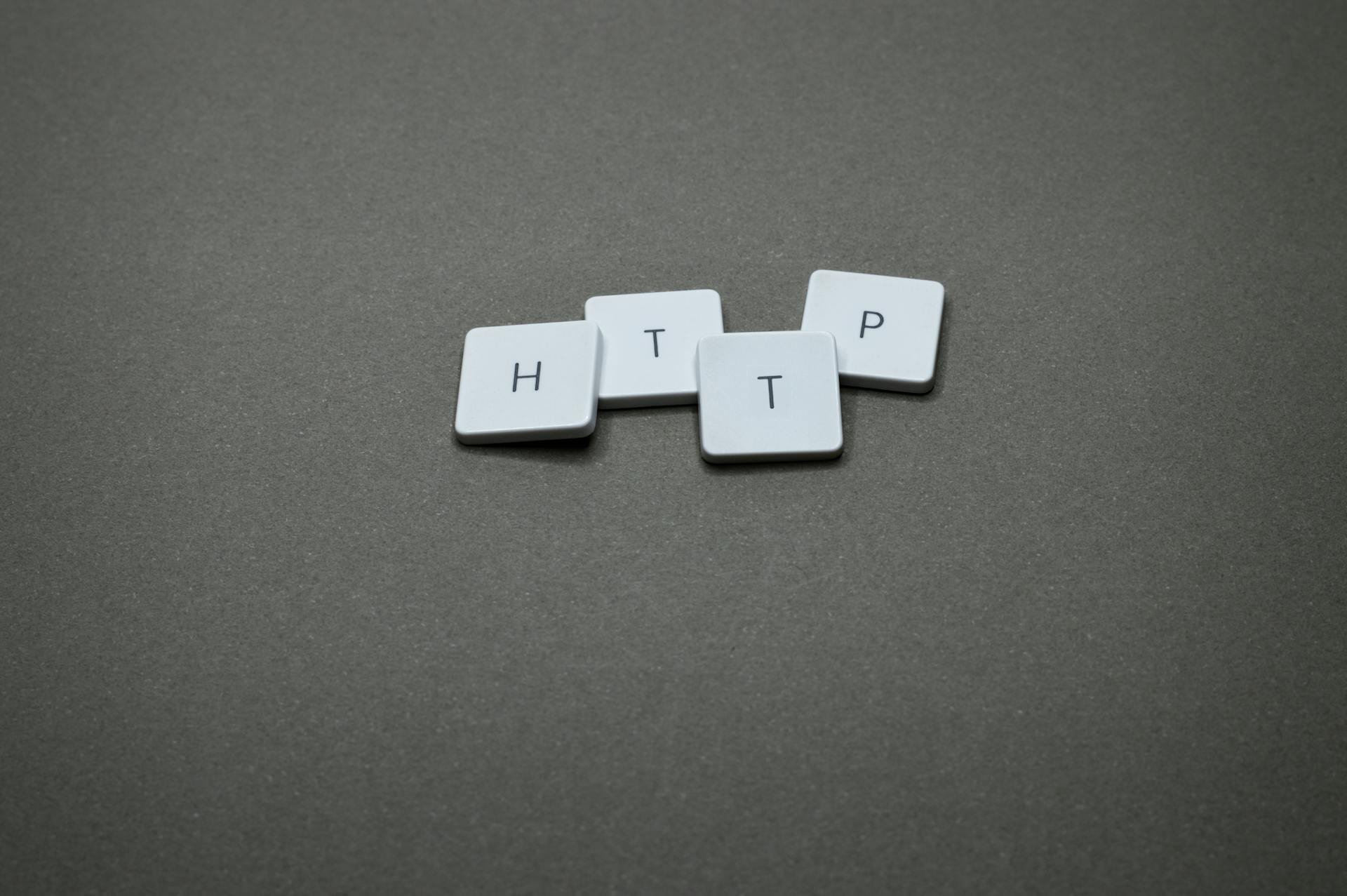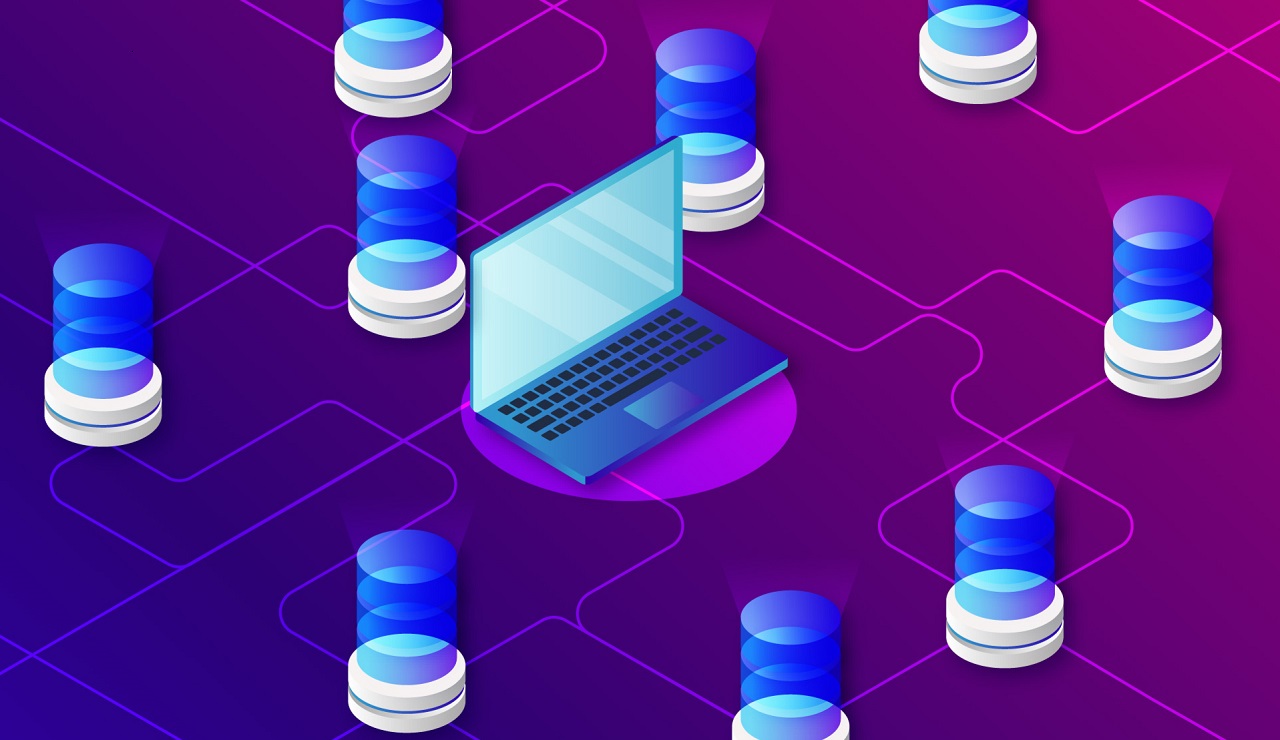An Introduction To Web Scraping – What Is Web Scraping and When Would You Use It?
Your business needs to know how well it is performing. Whether it entails monitoring news reports, checking on markets, and reviewing what customers are thinking, you have to understand what’s happening if you wish to succeed.
That’s where web scraping comes into play. This practice is vital to helping your business, and you can use proxies for web scraping to help you make it work.
Web scraping is where you use multiple accounts or outlets to gather data from websites. The practice involves gathering content for use in a database.
People use web scraper programs for various reasons:
- Businesses can find and copy contact info on various people who are involved in something.
- Web scraping can help compare prices for similar products on various websites. This effort helps businesses compare prices in different locations.
- Scraping programs can also check social media accounts to review market sentiment, including what people think about certain products or brands.
- A business can identify changes in anyone’s online presence and website shifts through scrapers. The scraper program can review social media updates and other measures competitors might use.
These uses for data scraping are all about identifying things that are online but require effort to find. You can use web scraping for your benefit as well, and one solution you have is to use a proxy to help you out. Proxies for web scraping can help you gather info without being blocked.
What Are Proxies In Web Scraping?

Proxies for web scraping can help you collect more online data without the risk of being blocked by a site. This proxy works by masking a user’s IP address, ensuring the traffic the user has is split among many IP addresses.
This type of proxy keeps you from being blocked by a site. An extensive number of requests made under the same IP will result in you being blocked. But with a proxy, you can send multiple requests through various IPs based out of different locations. The server will assume multiple humans are sending requests from many places instead of noticing a possible bot from one location.
How Proxies Work In Web Scraping
You can start working on your web scraping tasks when you find a suitable proxy that fits your needs. A proxy will work through a few steps:
- A proxy server will identify your current IP address.
- You’ll select an IP or a series from a proxy pool. Proxy pools can help you find multiple addresses in certain spaces.
- The proxy will mask your actual IP and use the specific IP you’ve selected. Your actual IP will remain hidden.
- As you get the proxy IP ready, you can start scraping a website.
This process works by simulating a computer or device from another location other than the one you’re actually at. This process ensures you’re not at risk of being spotted.
Types of Proxies For Web Scraping
One of the top benefits of proxies for scraping is that you can work with various types of proxies. Here are a few of the more common types you can use:
- Datacenter:
Datacenter proxies for scraping come from cloud servers and can be shared among many who access the same datacenter. This option provides a reliable and affordable approach to scraping, but there’s always a potential that an address could be blocked if a site identifies it too often. - Residential:
Residential proxies are different because they are associated with internet service providers or ISPs. Residential proxies for scraping make it look like an actual user on a real device is accessing a site.
Many residential proxies can also work as rotating units. Rotating proxies for scraping will switch your IP to a different one after a specific timeframe or after each request. This option takes longer to load and use, but it offers extra security and privacy because you use residential IPs that are harder to flag. - Mobile:
The next of the types of proxies to see is a mobile proxy. Mobile proxies have IP addresses that automatically rotate as they link to mobile networks. The risk of getting blocked or caught in one of these proxy networks is minimal, but it does take longer for the design to work.
Why Proxies Are Necessary For Web Scraping
 Proxy services are critical for scraping because you will use multiple connections to websites to collect data. Using the same computer address many times over can take a while to complete, plus you could be at risk of being blocked.
Proxy services are critical for scraping because you will use multiple connections to websites to collect data. Using the same computer address many times over can take a while to complete, plus you could be at risk of being blocked.
Avoiding bans with proxies is the way to go, as a proxy will work with many IP addresses to keep you hidden from blockers. If you use the same IP address many times, a site will assume a bot is attacking it, thus prompting that site to block the IP. But with scraping IP addresses, you can switch between many addresses within a datacenter or ISP database. You’re using these private proxies for scraping to keep yourself hidden, plus you’re giving the impression that many people from different geographic areas are visiting the site.
Benefits of Using Proxies For Web Scraping
The benefits of using proxies for scraping purposes are plentiful. Here are a few of those advantages:
- You won’t risk being banned from certain servers when you use a proxy and switch your IP often.
- The risk of getting into a CAPTCHA situation is minimal. The CAPTCHA system is often used on suspected bots and can take time to handle. But since you don’t look like a bot, you’re defending yourself well.
- It’s easy to automate data collection since you’re working with multiple connections. You’ll spend less time gathering data since you can use multiple devices to get somewhere at once.
- You can also configure your IPs to appear as though they are from different geographic areas. This point works if you’re collecting data from different regions and need to change your IP to reflect those spots.
How to Choose the Right Proxies
While you have many options to explore when getting a proxy ready, you also have to know how to choose proxies for scraping. There are many scraping proxy providers out there, but you should be cautious when figuring out which is right for you.
Here are some tips for choosing the best proxies for web scraping:
- A spot with a greater variety of IPs is worthwhile, especially if you have geographic needs for your proxies.
- The response times for your proxies should be quick enough to handle most requests. A response time of less than a second is ideal.
- The proxy you use should be able to handle enough requests each hour.
- Look at where the IPs a provider uses come from. Residential or mobile IPs are best, but datacenter ones are useful if there’s a good variety.
- A provider should also offer regular proxy rotation for each IP address to keep you from using the same one many times.
Explore our list of top web scraping proxy providers in 2024 and choose the right one for you.
Integrating Proxy Services with Scraping tools
 You can find many proxies for web use by searching online, but it helps to look at how your proxy service connects to a suitable scraping tool. You can get a setup working with programs like BeautifulSoup, Octoparse, or Scrapy, but you’ll need to add your IP address to the whitelist for proxy access.
You can find many proxies for web use by searching online, but it helps to look at how your proxy service connects to a suitable scraping tool. You can get a setup working with programs like BeautifulSoup, Octoparse, or Scrapy, but you’ll need to add your IP address to the whitelist for proxy access.
You can also add a website you want to reach through a proxy on your scraping tool. You’ll use the proper settings on your program to state you want to access it via proxies, plus you can choose the region of the proxies, when they are rotated, and if you’d prefer using your own.
Common Mistakes to Avoid When Using Proxies In Web Scraping
Your success rate with all proxy types for scraping should be great, but there are some risks you’ll have to watch for.
Here are a few of the more prominent mistakes people make when using proxies for web scraping:
- You could be banned from more sites because you don’t rotate your IPs enough. Rotating those IPs is necessary to reduce the risk of being caught.
- Some proxies might fail on certain operating systems or browsers. Working with multiple platforms is best because you’re reducing your risk of failure.
- You might also push your requests far too often, or you might not space those requests out enough.
- Sometimes, searches fail because you’re too reliant on one IP location. Using IPs from more geographic areas is best for reducing this risk.
Conclusion
Proxies are perfect for your web scraping needs because you’re using different IPs to collect web data. You’ve got many types of proxies to use, and the setup process can work with any geographic location you wish. You’ll have more opportunities to collect content when you use a proxy, so be aware of what’s open when finding a plan that works for you.



